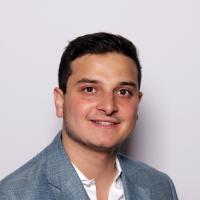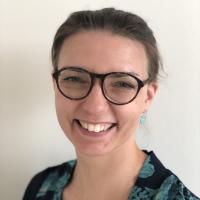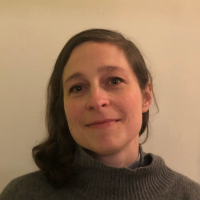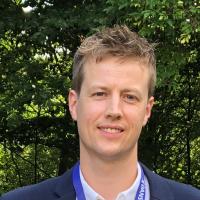The Lundbeck Foundation awards grants worth DKK 60 million to young researchers

26 new research grants from the Lundbeck Foundation will boost Danish neuroscience and improve opportunities for young doctors to conduct clinical research
The brain and clinical practice are the focus of the Lundbeck Foundation’s 2023 postdoc research grants. The grants support outstanding young researchers who have completed their PhD and are pursuing projects of high academic quality in neuroscience or clinical research.
In total, 26 researchers have received grants averaging DKK 2,327,000. Of these, 18 are LF Postdocs, and eight are Early-Career Clinician Scientists (previously known as clinical postdocs).
Mobility and quality in neuroscience research
An important strategic goal for the Lundbeck Foundation is to attract and retain international talent in order to strengthen Danish health science research, particularly in neuroscience – and LF Postdocs play a key role in this.
‘The LF Postdoc programme has become one of the cornerstones of the Foundation’s work to support and develop the next generation of neuroscientists. The grants will boost research at Danish universities and hospitals, while also giving young Danish researchers the opportunity to travel abroad and gain important experience and knowledge in international neuroscience environments. Recipients can also use the money to explore new areas outside their field,’ says Anette Høye, Scientific Programme Manager at the Lundbeck Foundation.
The numbers speak for themselves: ‘Fifteen of the 18 LF Postdoc grants have a clear international perspective, which is one of the programme’s strengths. Six of the LF Postdocs are based abroad and are moving to Denmark with the support of the grant, while nine Danish postdocs affiliated with Danish universities will travel abroad to pursue careers in robust international neuroscience environments,’ she points out.
‘In addition to the strong focus on international talent and mobility, the projects are also diverse, of high academic quality and transcend disciplines. The 18 projects represent 10 different disciplines, again demonstrating the breadth of neuroscience as an interdisciplinary field of research,’ Høye says.
Millions for clinical research
Clinical research will also receive a boost in the form of eight research grants for young, early-career researchers – in particular, those training as specialist consultants. They will receive an Early-Career Clinician Scientist Research Grant (ECCS) – a focus area for the Lundbeck Foundation.
‘This will help to strengthen the critical mass of research close to – and for the benefit of – patients,’ says Peter Thostrup, Scientific Programme Director at the Lundbeck Foundation.
‘We are seeing growing interest in clinical research among younger doctors. The ECCS grants have a slightly different aim than the usual LF Postdoc grants – to make it possible for doctors with a PhD to continue research at the same time as they are training as consultants,’ says Thostrup, who is responsible for the Foundation’s talent programmes.
‘Doctors are keen to conduct research because they recognise that it improves their clinical work – both for individual patients and in terms of developing new evidence-based treatments. We were delighted to receive so many high-quality applications,’ he says.
The Lundbeck Foundation received 108 applications for LF Postdocs, of which 18 applicants – 10 women and eight men – were awarded grants (a 19% success rate). Of the sixteen applicants for Early-Career Clinician Scientist grants, eight – five women and three men – were awarded grants (a 50% success rate).
All applications were evaluated by the Lundbeck Foundation Talent Panel, made up of 15 leading researchers from a wide range of countries.
An LF postdoc grant is typically paid over a period of 2–3 years, while an Early-Career Clinician Scientist grant is paid over 2–5 years.




























